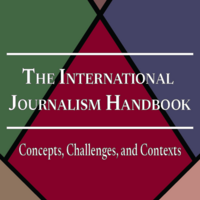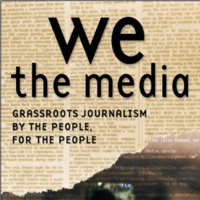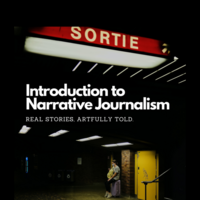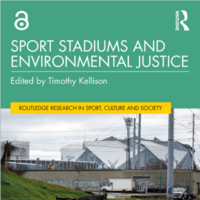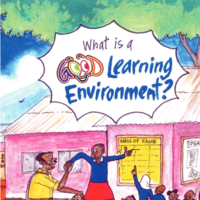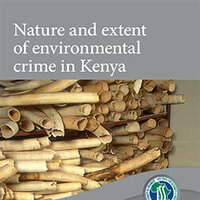Search
Books+
Searching 1,730 books
Search related to the career Journalist
Work Environment for Journalists
Newsroom: Journalists typically work in a fast-paced newsroom environment. This is where they collaborate with editors, reporters, and other professionals in the field. The newsroom is often buzzing with activity, discussions, and the sound of keyboards clacking.
Deadlines: Meeting deadlines is crucial in journalism. Journalists work under tight schedules to gather information, conduct interviews, write articles, and submit them for publication or broadcasting. The pressure to deliver news on time can be intense.
Fieldwork: Journalists frequently engage in fieldwork, which involves going out to gather news firsthand. They may attend press conferences, cover events, conduct interviews, or investigate stories on-site. Fieldwork can be exciting but also demanding, requiring adaptability and the ability to work in various environments.
Research and Fact-Checking: Journalists spend a significant amount of time researching and fact-checking their stories. They need to verify information, interview sources, and ensure the accuracy and credibility of their reporting. This often involves digging deep into various sources, documents, and data.
Technology: Journalists rely heavily on technology in their work. They use computers, laptops, and specialized software for writing, editing, and publishing articles. They also use digital tools for research, data analysis, and social media engagement. Additionally, journalists may use audio and video equipment for interviews and multimedia reporting.
Multimedia Journalism: With the rise of digital media, journalists are increasingly expected to be versatile in various forms of storytelling. They may create written articles, shoot videos, record podcasts, or produce interactive content. This requires journalists to have a diverse skill set and adapt to evolving technologies.
Collaboration: Collaboration is a key aspect of journalism. Journalists often work closely with editors, photographers, videographers, and graphic designers to create compelling stories. They also collaborate with colleagues to brainstorm ideas, discuss angles, and review each other's work.
Ethics and Pressures: Journalists face ethical dilemmas and pressures in their work. They must adhere to journalistic standards, such as accuracy, fairness, and objectivity. They may encounter challenges in balancing the need for breaking news with the responsibility to verify information thoroughly.
Varied Work Environments: Journalists can work in diverse environments depending on their beat or specialization. They may cover politics, sports, entertainment, science, or international affairs. This variety allows journalists to explore different subject areas and engage with a wide range of people.
Flexibility: Journalists often work irregular hours, including evenings, weekends, and holidays. Breaking news and unexpected events can require immediate attention, leading to a flexible work schedule. Journalists must be prepared to adapt to changing circumstances and work under time constraints.
Please note that the work environment for journalists can vary depending on factors such as the type of media organization, location, beat, and individual preferences.
Source: Various AI tools
Journalism
Environment
Books tagged environment
Satire
Books tagged satire
Vocational skills
Magazines
Writers
Searched in English.
